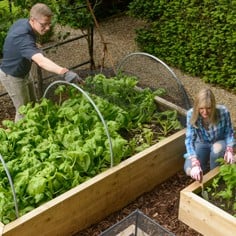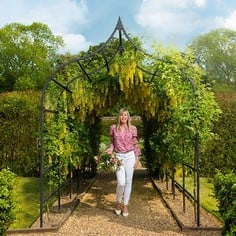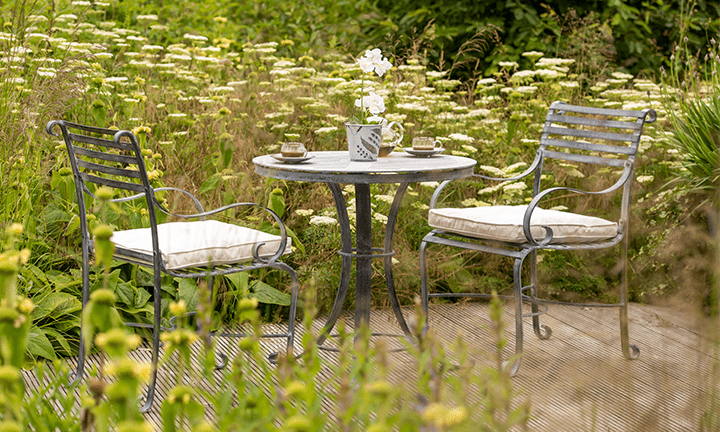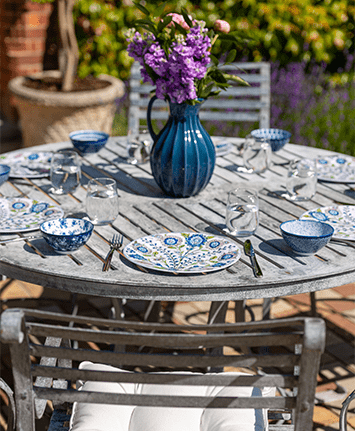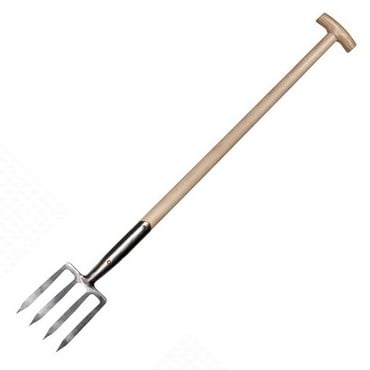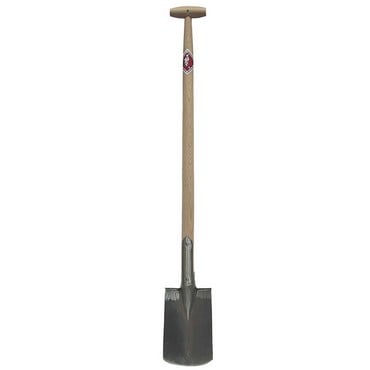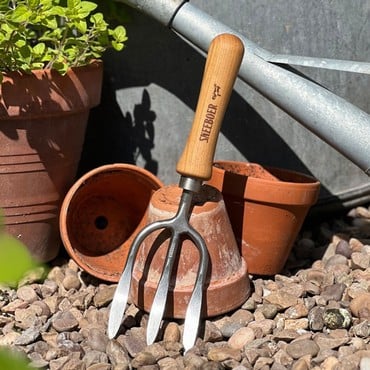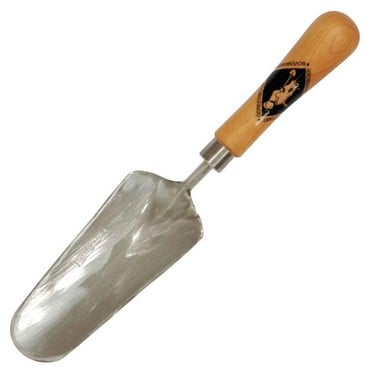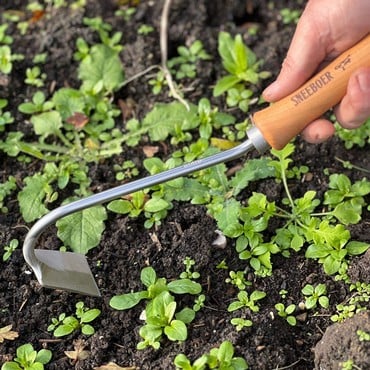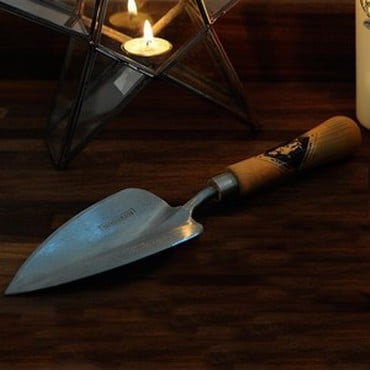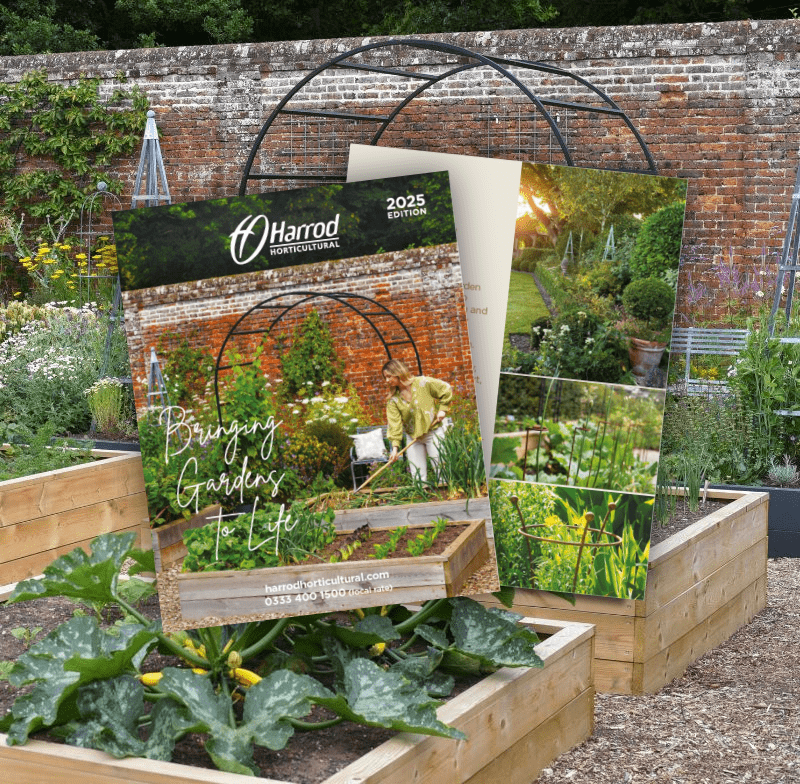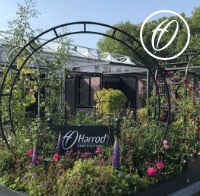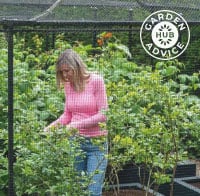Sneeboer Tools 100 years of History
There is something deeply evocative surrounding the traditional hand forging of tools. The heat of the forge, the smell of the coal furnace and the sound of molten steel being hammered into shape all takes us back to a time long past, when tools were handmade and lasted for decades.

But are these wonderful noises and smells resigned to history? In most places yes, but in a small corner of Holland they are very much alive.
It was back in 1913 that Arie Sneeboer established his forging workshop in the small town of Bovenkarspel, situated in the West Friesland area of the Netherlands. The forge amounted to little more than a garden shed but Arie had realised that the market gardeners of the surrounding area needed high quality products, guaranteed to last and able to cope with the peaty and clay soil.

The modern day Sneeboer factory is under the ownership of one of Arie's grandsons, Jaap Sneeboer. Jaap is the 3rd generation of the family and he oversees the 900sqm site with his wife Wilma. There are two forges operating, each measuring 1.6m by 1.6m and each containing two fires. Coal is still used to produce the heat as Jaap says this produces better results, and the fires are fan operated and slide controlled. The tools are made on four anvils, one for each fire, and the molten steel is shaped by sledge-hammers. Four different drop weights are used; 35, 85, 100 and 150kg and remarkably, the oldest hammer, which dates from 1920, is still used today.
 Jaap points out too that as the soil in Holland is notoriously 'soft', some kind of re-inforced base is required to prevent the hammers sinking gracefully into the reclaimed land - therefore a 4m cubed concrete plinth is placed below each hammer.
Jaap points out too that as the soil in Holland is notoriously 'soft', some kind of re-inforced base is required to prevent the hammers sinking gracefully into the reclaimed land - therefore a 4m cubed concrete plinth is placed below each hammer.
The modern day factory employs 9 full time persons at present and an extension of 750sqm is planned, along with an increase in staff. This is not as straightforward as hiring someone from a local agency; training new staff takes up to three years, and is undertaken by Sneeboer, as there are no longer instruction courses in the old trade of blacksmith.
The factory produces in the region of 3000 perennial spades per year and 2200 potting trowels, and the 2005 Sneeboer range featured around 140 different types of implement - this figure does not include the various sizes of each tool - so as you can see, the 96 year old hammer is kept busy.

Although the Netherlands has a rich horticultural history, many of the tools Sneeboer produce end up all over the world. Here in the UK, many of the celebrity gardeners, along with green fingered members of the Royal Family, use the tools. Fascinatingly, a garden centre in Long Island, USA, place regular orders for Sneeboer items which are then purchased by film stars for use in the gardens of their luxury summer homes!
In 2013 Sneeboer had their proudest day when they were appointed the honour to carry the label 'By Appointment to the King of the Netherlands'. This status is awarded to small and medium sized businesses that have existed for at least 100 years, and who have a good reputation regionally.

It's amazing to think that a small forging workshop established in a shed in West Friesland, producing tools for local gardeners, has grown into a company providing quality implements sold across the globe. Even more amazing if you consider that the same techniques and philosophies developed nearly 100 years ago are still followed today. If you own a Sneeboer tool, next time you are working in the garden take a minute to look at your trowel, spade, fork, hoe etc and think of the history behind it.
As Jaap Sneeboer regularly says; 'Anyone who has ever had a Sneeboer tool in their hand will never want to use anything else!'






